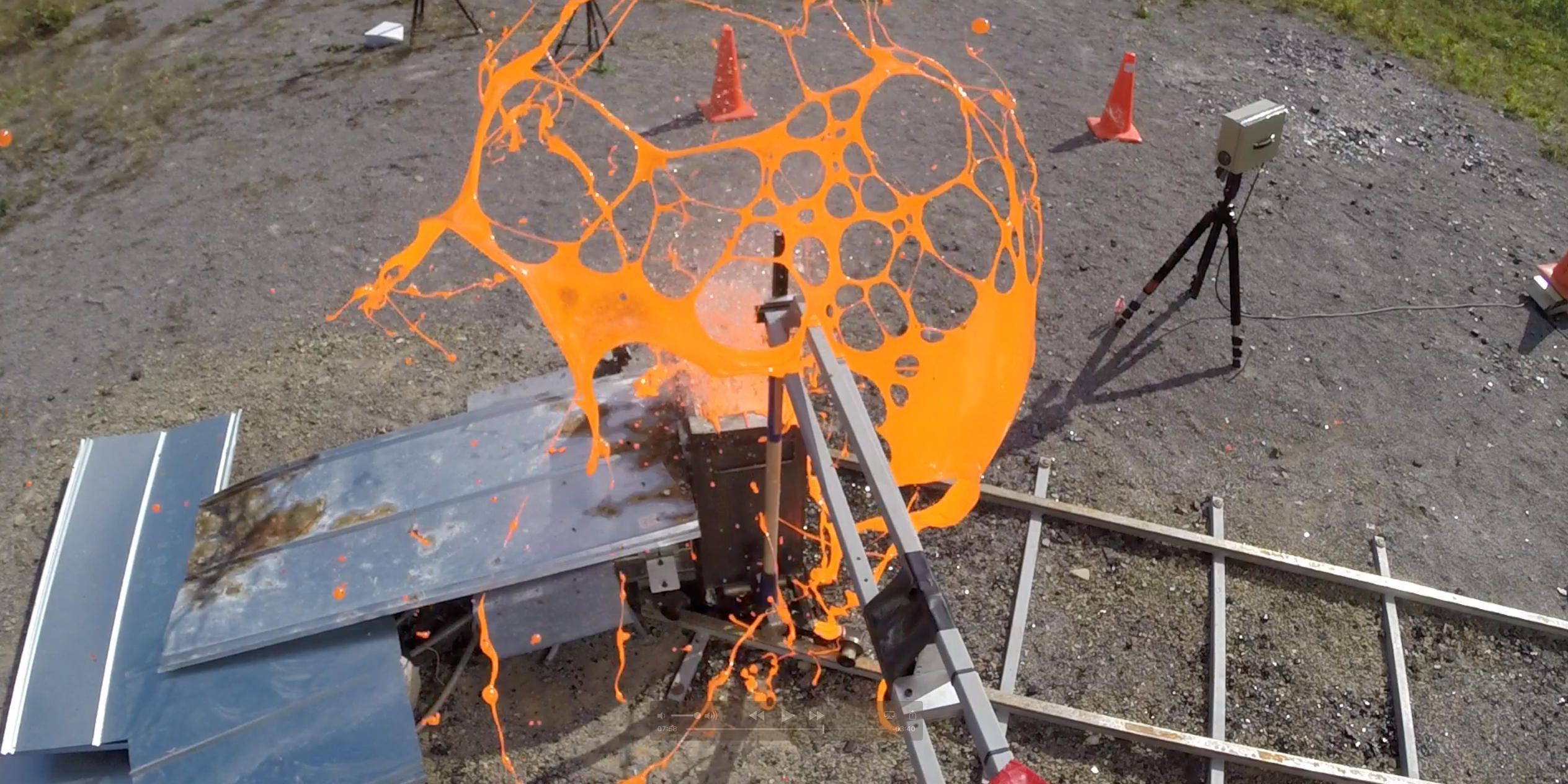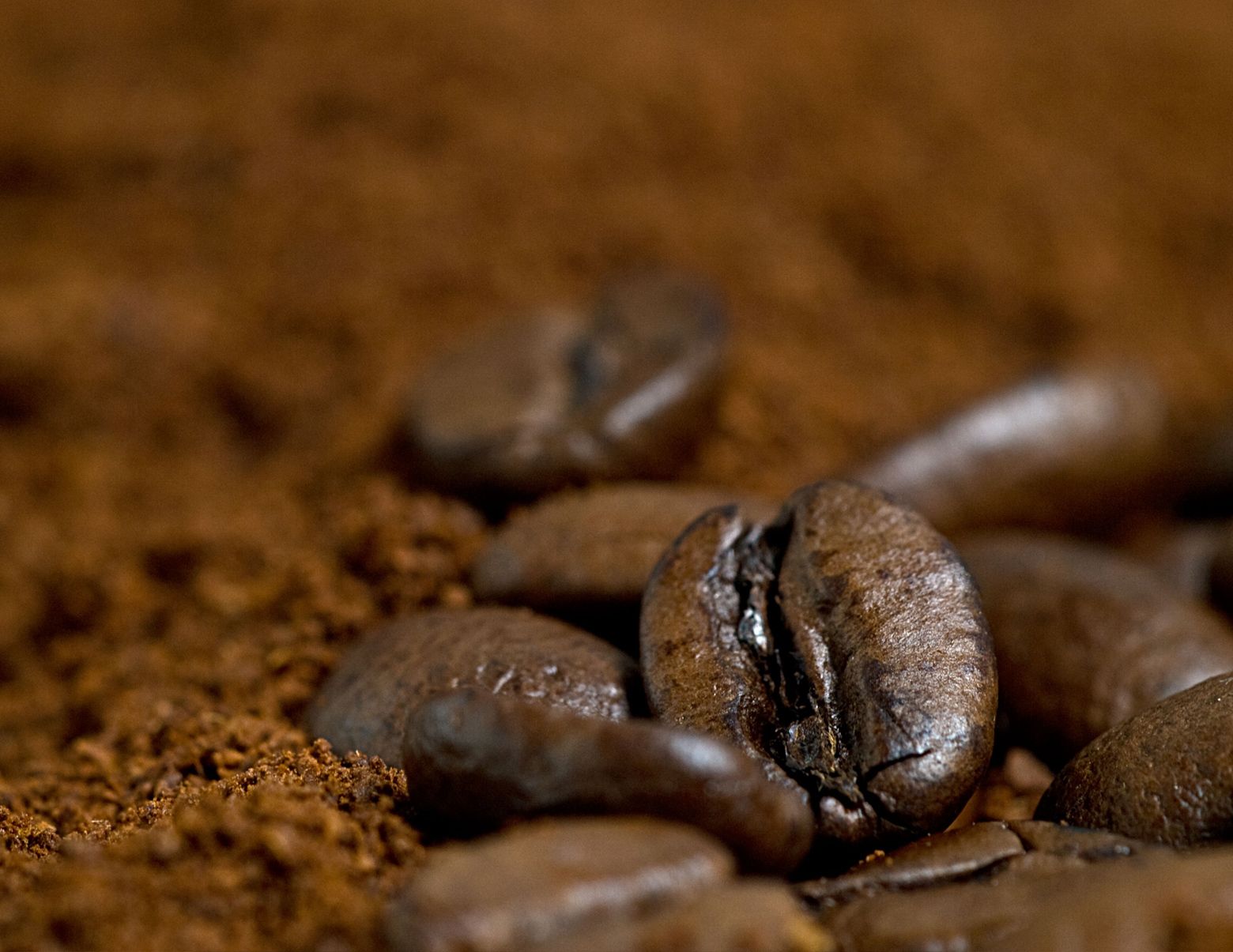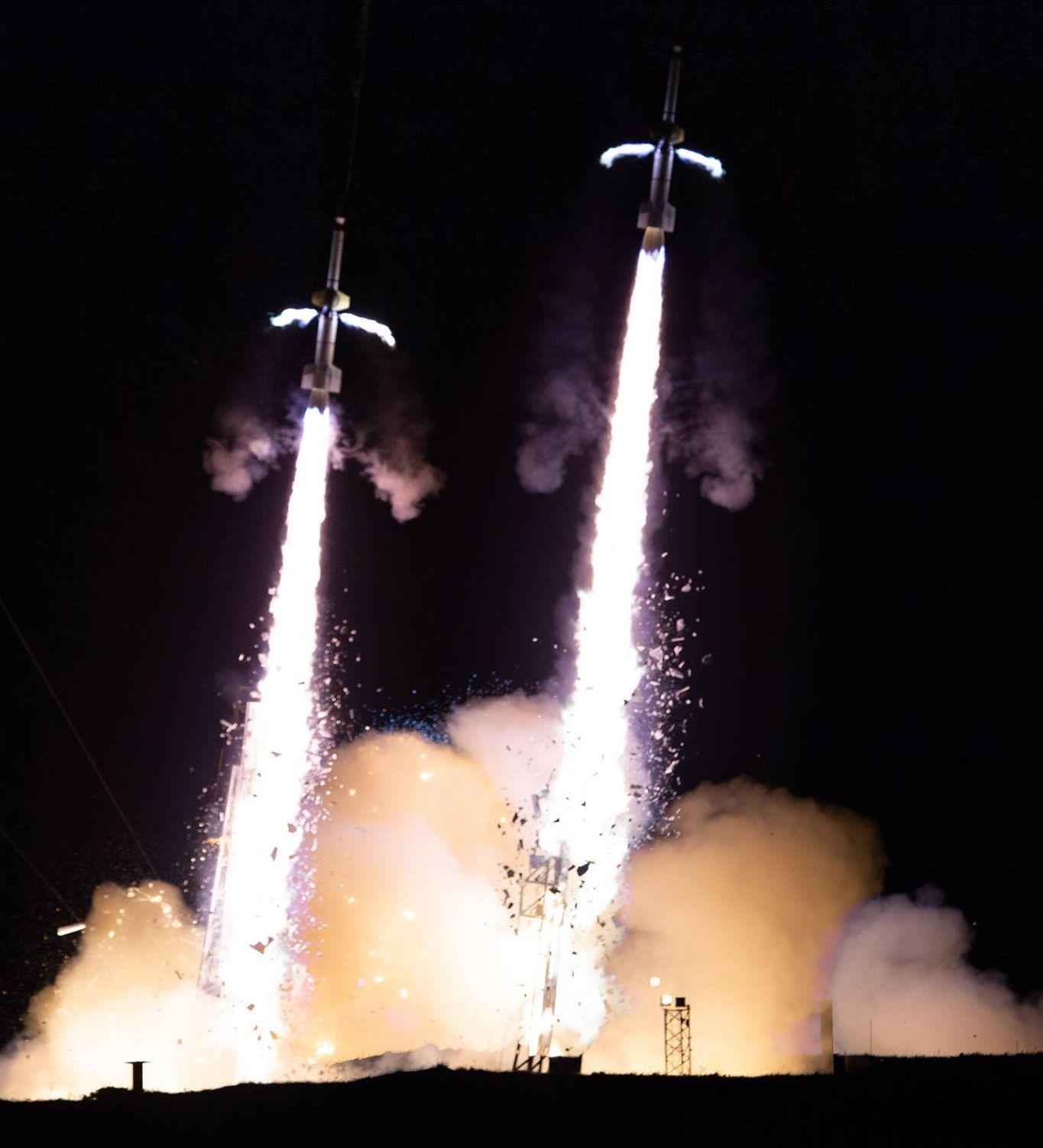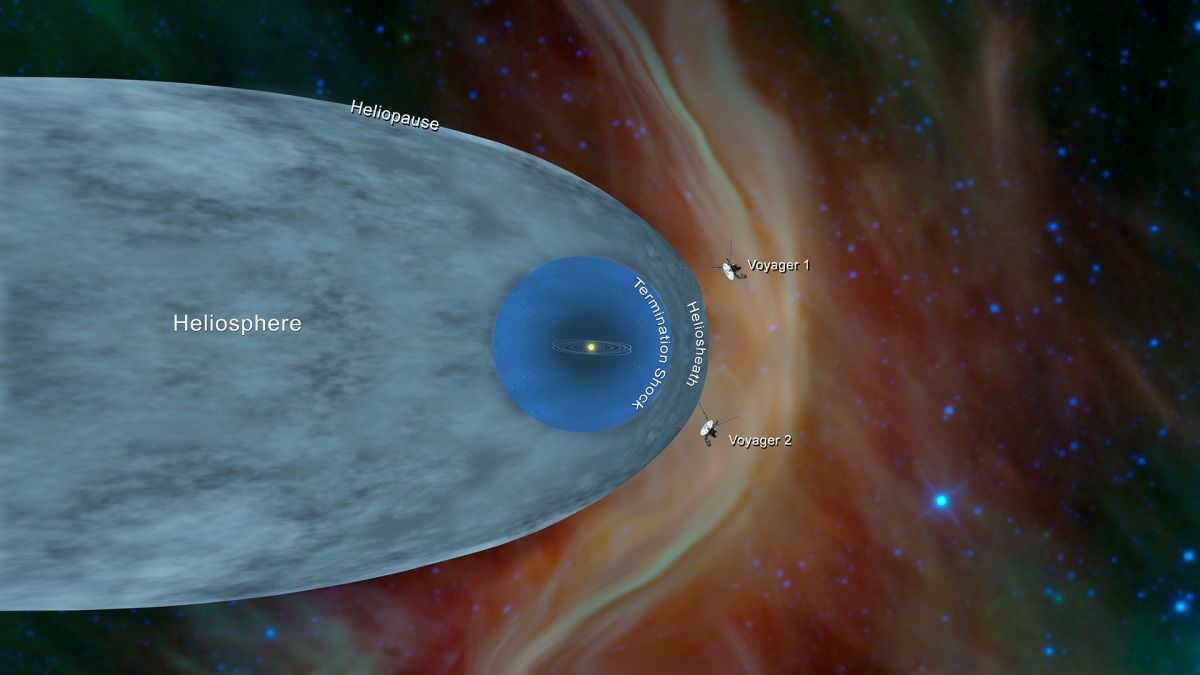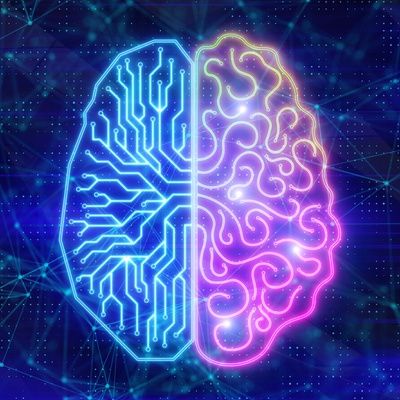Page 9279
Dec 10, 2018
An Oklahoma High Schooler Changed the Rules of Organic Chemistry
Posted by Genevieve Klien in category: chemistry
Dec 10, 2018
Researchers say coffee may combat two devastating brain diseases
Posted by Genevieve Klien in categories: biotech/medical, neuroscience
The past few years have brought lots of good news for anyone who considers coffee a vice. Scientists have discovered that various compounds in coffee can help fight a number of diseases including Alzheimer’s, and now a new study is putting even more weight behind the notion that coffee is very good for you.
The work, which was published in Proceedings of the National Academy of Sciences, suggests that not only does coffee battle Parkinson’s but also another incurable brain disease called Lewy body dementia. Conducted by scientists at Rutgers, the study points to the combined effects of caffeine and a fatty acid present in coffee called EHT as potentially playing key roles in disease fighting.
Dec 10, 2018
The Future of Tech Will Change Everything From Food to Healthcare
Posted by Genevieve Klien in categories: biological, computing, food
Advancement in technology will continue to impact the way we work, eat, and even take care of ourselves. A new report from Scientific American takes a look at some of the top emerging technologies that range from the field of biology to computer science. The publication’s chief science editor Seth Fletcher talked to Cheddar about what’s next when it comes to tech.
WATCH NEXT
Continue reading “The Future of Tech Will Change Everything From Food to Healthcare” »
Dec 10, 2018
Google’s New AI Is a Master of Games, but How Does It Compare to the Human Mind?
Posted by Genevieve Klien in categories: entertainment, robotics/AI
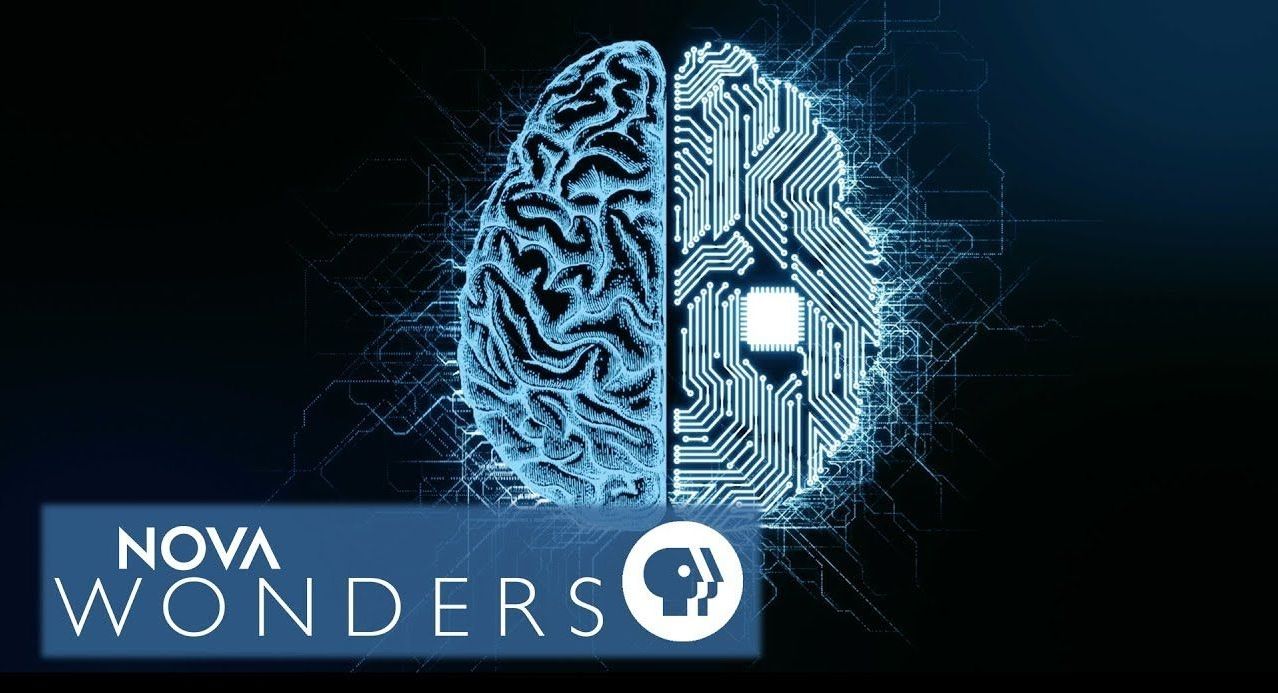
After building AlphaGo to beat the world’s best Go players, Google DeepMind built AlphaZero to take on the world’s best machine players.
Dec 10, 2018
Two research rockets successfully launched over the Norwegian Sea early Dec. 8 carrying an experiment to study the explosive process that allows charged particles from space to stream into Earth’s atmosphere
Posted by Michael Lance in categories: particle physics, space travel
The results promise to shed light on this and, in the long run, help us better predict how and when Earth’s magnetic shield can suddenly become porous to let outside particles in. Details: https://go.nasa.gov/2G8lTeX&h=AT0CScAabrNYUB0DKGANhglZ-EihhF…51Yf7jUjKw
Dec 10, 2018
Voyager 2 has finally entered interstellar space, more than 40 years after its launch
Posted by Michael Lance in categories: particle physics, space
It’s pretty cool how NASA knows the spacecraft is in interstellar space.
It’s only the second object made by humans to ever reach this distance, following Voyager 1 in 2012.
The long journey: Since launching more than 40 years ago back in 1977, the probe has traveled 11 billion miles to get to cross into interstellar space. While it launched before Voyager 1, its flight path put Voyager 2 on a slower path to reach this milestone.
Dec 10, 2018
NASA’s Newly Arrived OSIRIS-REx Spacecraft Discovers Water on Bennu
Posted by Michael Lance in categories: particle physics, security, space
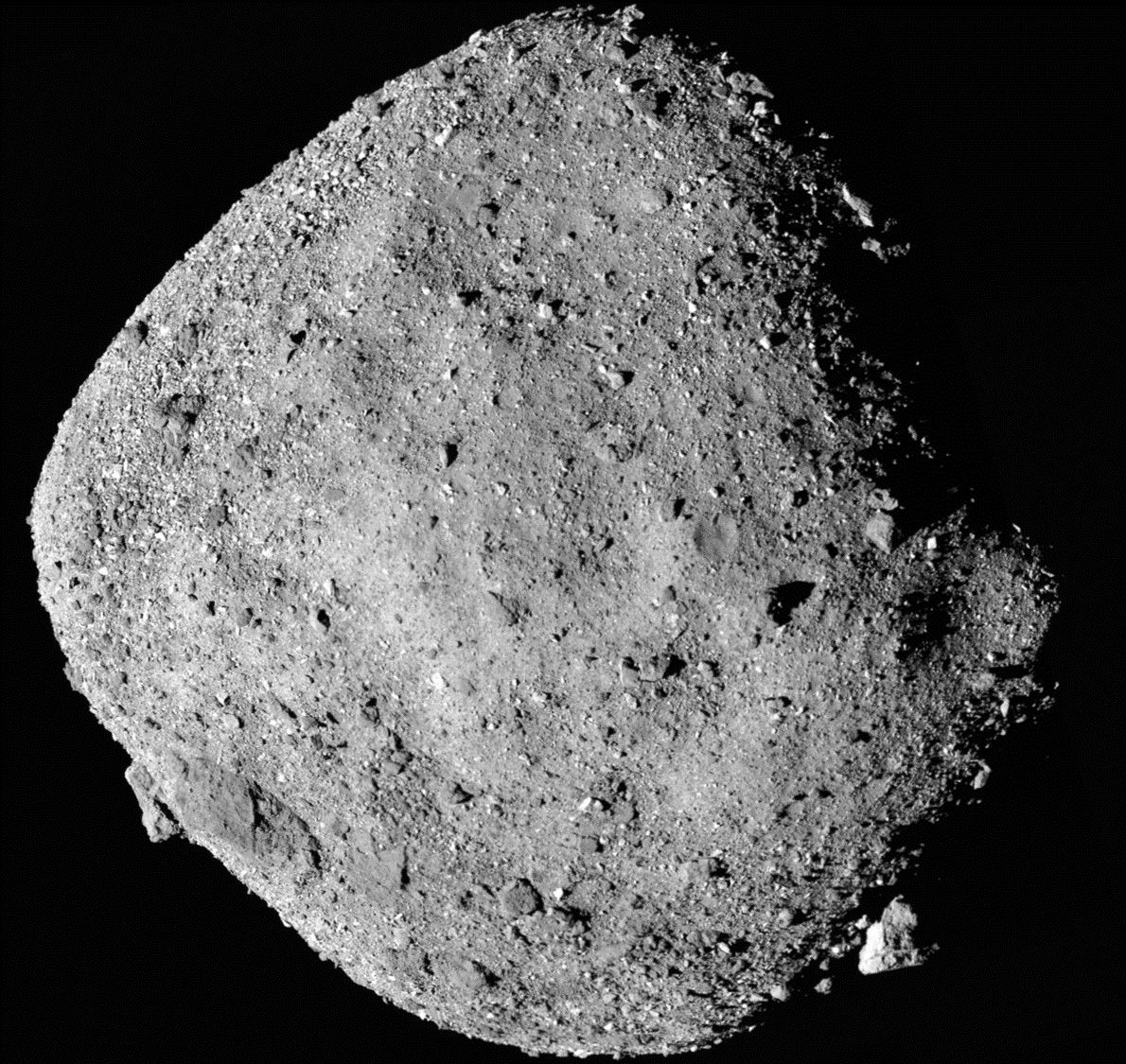
We’ve discovered water on the asteroid Bennu! Our OSIRIS-REx mission has revealed water locked inside the clays that make up Bennu.
Recently analyzed data from NASA’s Origins, Spectral Interpretation, Resource Identification, Security-Regolith Explorer (OSIRIS-REx) mission has revealed water locked inside the clays that make up its scientific target, the asteroid Bennu.
Continue reading “NASA’s Newly Arrived OSIRIS-REx Spacecraft Discovers Water on Bennu” »
Dec 10, 2018
Amazon And Microsoft Claim AI Can Read Human Emotions. Experts Say the Science Is Shaky
Posted by Saúl Morales Rodriguéz in categories: business, information science, robotics/AI, science
Facial recognition technology is being tested by businesses and governments for everything from policing to employee timesheets. Even more granular results are on their way, promise the companies behind the technology: Automatic emotion recognition could soon help robots understand humans better, or detect road rage in car drivers.
But experts are warning that the facial-recognition algorithms that attempt to interpret facial expressions could be based on uncertain science. The claims are a part of AI Now Institute’s annual report, a nonprofit that studies the impact of AI on society. The report also includes recommendations for the regulation of AI and greater transparency in the industry.
“The problem is now AI is being applied in a lot of social contexts. Anthropology, psychology, and philosophy are all incredibly relevant, but this is not the training of people who come from a technical [computer science] background.” says Kate Crawford, co-founder of AI Now, distinguished research professor at NYU and principal researcher at Microsoft Research. “Essentially the narrowing of AI has produced a kind of guileless acceptance of particular strands of psychological literature that have been shown to be suspect.”
Dec 10, 2018
Studies reveal role of red meat in gut bacteria, heart disease development
Posted by Manuel Canovas Lechuga in categories: biotech/medical, food
TMAO (trimethylamine N-oxide) — a gut bacteria byproduct formed during digestion—can lead to the development of cardiovascular disease, including heart attacks and strokes. TMAO is produced when gut bacteria digest choline, lecithin and carnitine, nutrients that are abundant in animal products such as red meat and liver and other animal products.
In concurrent studies, Cleveland Clinic researchers have uncovered new mechanisms that demonstrate why and how regularly eating red meat can increase the risk of heart disease, and the role gut bacteria play in that process.
The research, led by Stanley Hazen, M.D., Ph.D., builds upon previous work showing TMAO (trimethylamine N-oxide) — a gut bacteria byproduct formed during digestion—can lead to the development of cardiovascular disease, including heart attacks and strokes. TMAO is produced when gut bacteria digest choline, lecithin and carnitine, nutrients that are abundant in animal products such as red meat and liver and other animal products.
Continue reading “Studies reveal role of red meat in gut bacteria, heart disease development” »
